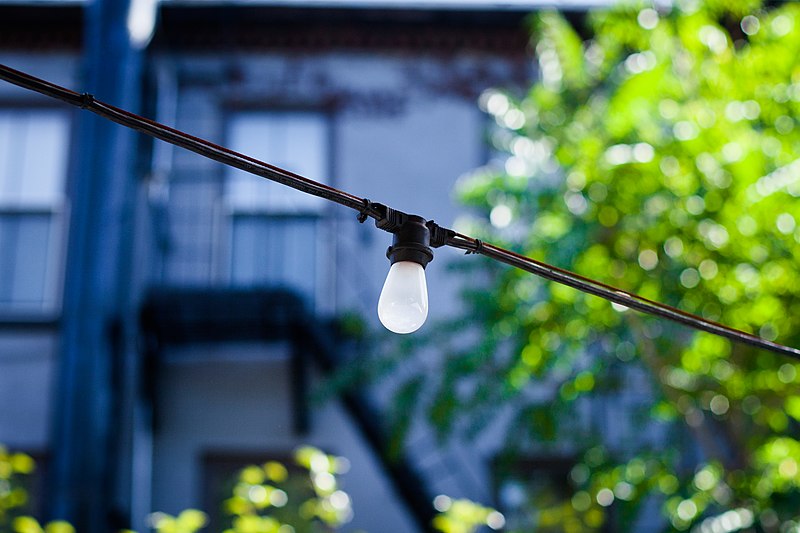Sponsored Content
11 Tips on How to Save Electricity in Winter
Lifestyle & Travel ♦
Published: September 14, 2022; 12:20 ♦ (Vindobona)

The Austrian government has set a goal to reduce its current electricity consumption by 11 percent. To accomplish this, the Austrian government recently presented 11 measures for private households.
 The Austrian government recently presented 11 measures for private households to reduce electricity consumption. / Picture: © Wikimedia Commons; Billie Grace Ward from New York, USA, CC BY 2.0
The Austrian government recently presented 11 measures for private households to reduce electricity consumption. / Picture: © Wikimedia Commons; Billie Grace Ward from New York, USA, CC BY 2.0
Austria has set itself the goal of saving 11 percent of its current electricity consumption. In order to achieve this, the Austrian government recently presented 11 measures for private households, which are intended to make the savings possible through small changes in behaviour, simple actions and, above all, without having to spend a lot of money.
The 11 tips are divided into…
or Log In
Fast News Search





